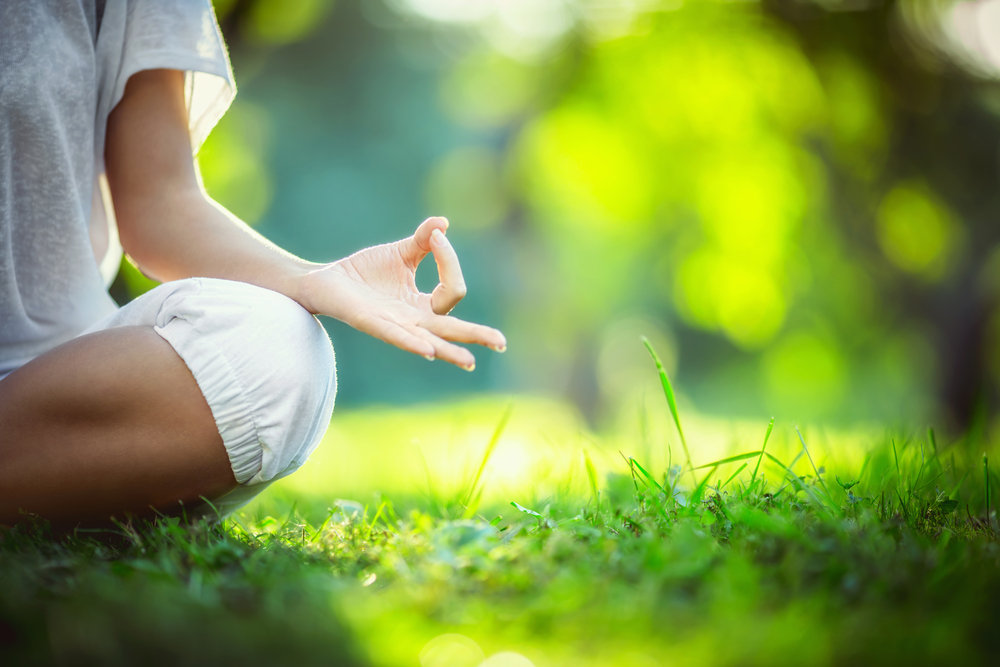Contrary to popular belief, happiness isn’t just something that happens or is found by luck.
Rather, a new study reveals that happiness can be learned and preserved with regular practice. Happiness isn’t a gust of wind that blows in randomly; it’s a skill that can be developed and maintained, just like playing a musical instrument or a sport.
The revolutionary study, the first of its kind, comes from the University of Bristol. It draws attention to the fact that just starting a course or workshop isn’t enough to reap lasting benefits.
It could be a meditation retreat, an evidence-based happiness course or even regular gym classes. Instead, it’s the regular practice and consistency that hold the secret key to happiness.
Happiness is learned and maintained through practice, new study finds
The researchers found that boosts in well-being from the aforementioned activities tend to be short-lived if the activities are not maintained over the long term.
The benefits of gratitude sessions, exercise routines, meditation practices or journaling exercises diminish if they are not sustained.
“Short-term boosts do take place, of course, but happiness does not have a lasting impact if one does not build activities into everyday routine life,” the researchers stated.
The key is to incorporate those happiness-boosting actions into habitual practice and rinse and repeat.
It may sound a bit like hard work, and truth be told, it is – especially in the beginning when you are trying to adapt to new habits. However, the effort you put in can pay off in the form of lasting happiness.
Just like learning to play the guitar or perfect your basketball shot, it’s all about practice.
The ability to be happy is not just innate. Sure, some people might naturally seem happier than others, but that doesn’t mean that the rest of us can’t catch up. By consistently practicing habits correlated to well-being, we can train ourselves to be happier.
In essence, the study shines light on how we could shift our perspective of looking at happiness – not as a naturally occurring phenomenon but as something we can cultivate and grow within us.
In a world where we’re constantly seeking joy and satisfaction, this groundbreaking idea could change the game. However, just as with every important thing in life, it demands commitment and consistency from those who seek it.
Although it isn’t as simple as taking a magic pill, the study indicates that with the right practices and habits, learning to be happy might not be as elusive as it once seemed.
By integrating gratitude, exercise, meditation and other beneficial routines into our lives on a long-term basis, happiness no longer has to be a whimsical event. Instead, it can become a constant presence.
While we may have a long way to go before truly understanding the concept of happiness, this study provides an important step. Researchers hope that the findings will help encourage the development of long-term, evidence-informed habits in people, contributing to their overall mental well-being and, of course, their happiness.
Wrapping it up, getting happy isn’t quick or simple, but with some patience, keeping at it and regular effort, it’s a journey we can all make.
Happiness isn’t just luck – it’s something we can all work toward. That’s what the latest research from the University of Bristol points out. Maybe it’s time we change our aim from just searching for happiness to actually putting in the work to get it.









